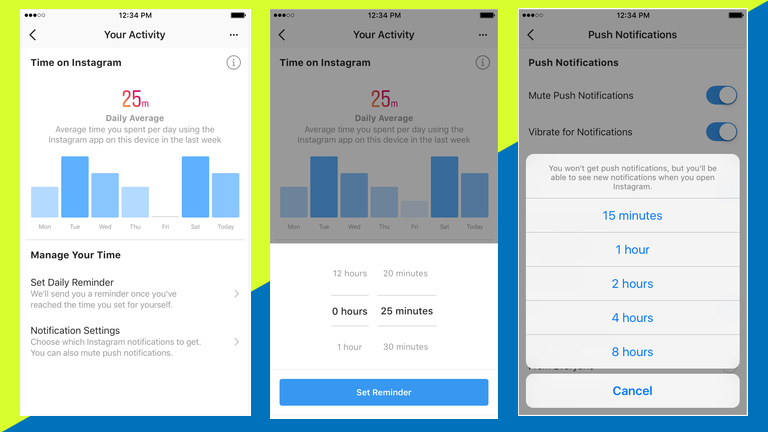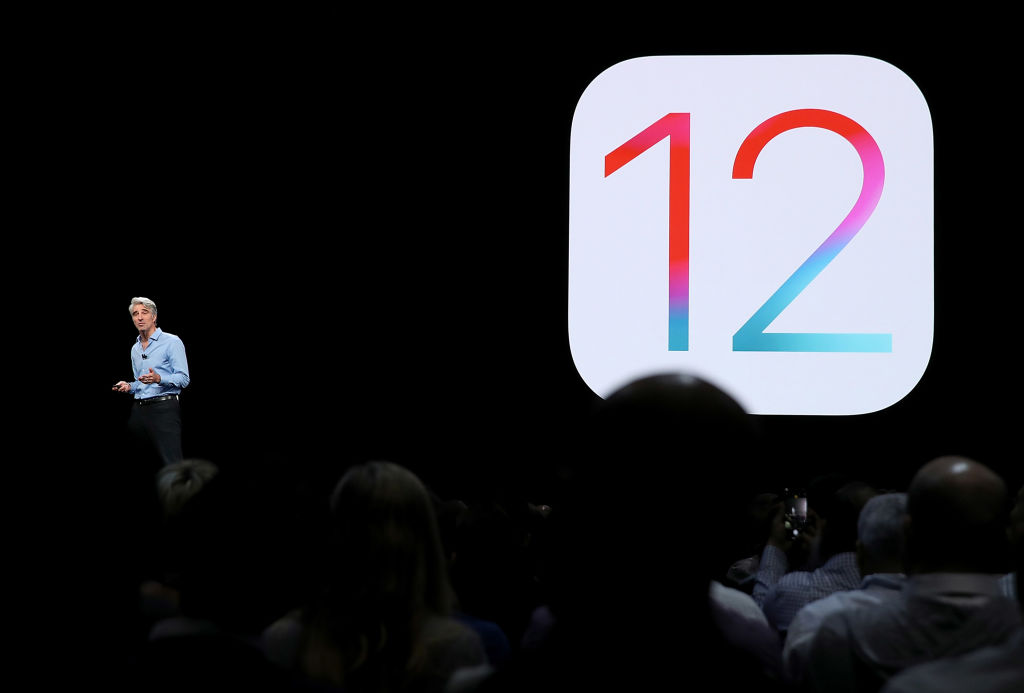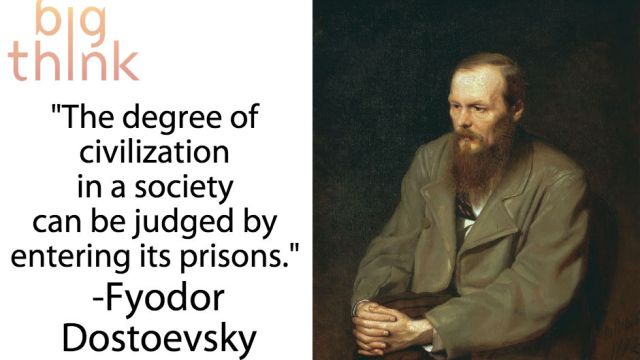Facebook is Much Less Addictive When You Remove the Numbers

We all know Facebook is addicting. We whittle away time clicking and liking (and stalking). But how does the social network keep this hold on us?
Shirley Li from The Atlantic sat down with Ben Grosser, a programmer and artist, who believes you can find the answers by looking at the numbers:
“There were times when I was more focused on the numbers than the content itself. I was more interested in how many likes I had instead of who liked it. I realized every time I logged in I looked at those numbers. Why was I caring? Why do I care so much?”
He created a browser extension two years ago to test his hypothesis: The Facebook Demetricator. It hides the numbers. The eye-catching little red number pop-up showing your notifications is replaced by a lighter blue icon. It even hides how many people Like your post—instead you see the general phrase “people like this.” The add-on disarms the site of metrics for you to pour over.
The extension has been downloaded over 5,000 times, and with it has come feedback and reactions relating to how the tool has changed Facebook for them. Grosser received personal observations of how the site has changed (both positive and negative), and he converted this information into a paper that was published recently in the journal Computational Culture.
There’s a numbers game integrated into Facebook that plays on users emotions, cultivating a culture that values self-worth in quantitative terms. You want to have more numbers on your posts, more notifications, more friends—think of the way the “+1 Add Friend” button feels versus the Facebook Demetricator’s “Add Friend” button. The language and attention given to metrics makes it become almost like a currency for a game—the more you have, the higher your level. But when Grosser gave users the ability to take away the numbers they’d been pining after, something interesting happened:
“People realized when the numbers were gone, they had been using them to decide whether to like something. I certainly didn’t expect these tendencies of people saying, ‘I literally don’t know what to do [without knowing the metrics].'”
“I think it’s a problem when we don’t know what those likes mean, when we start focusing on wanting more likes. If we aren’t aware of how these numbers are telling us to interact, then it’s a problem.”
Read more at The Atlantic
Photo Credit: 2nix Studi/ Shutterstock





